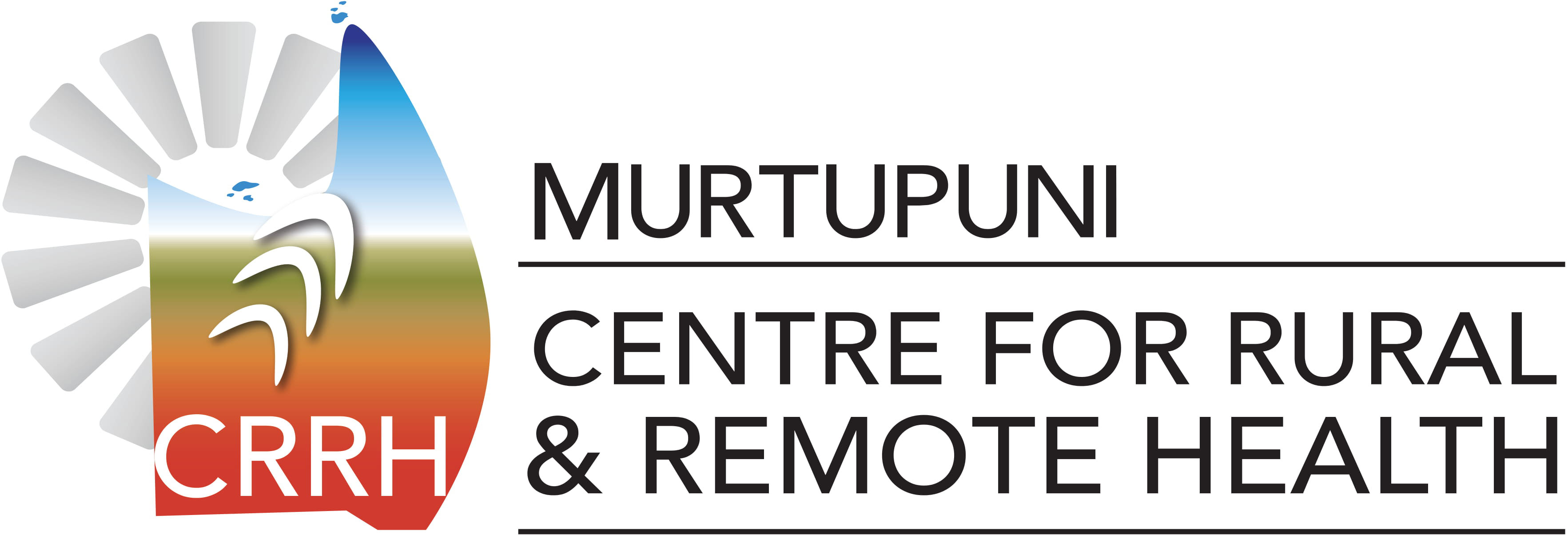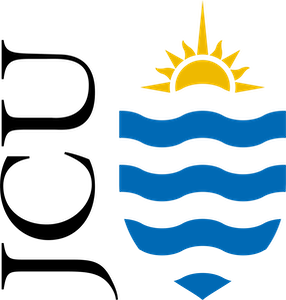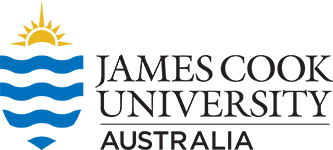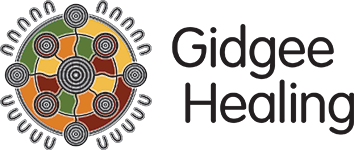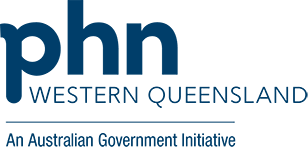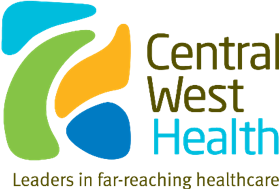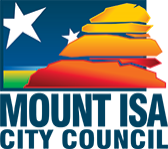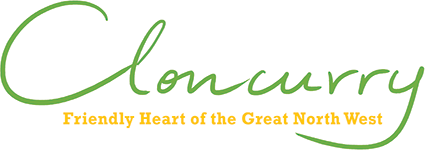Are You Remotely Interested? Conference
AYRI 2025
Quicklinks
Pages in this section:

"Are You Remotely Interested...?" Keeping on Track for Health Equity in the Bush
Tuesday 15th to Thursday 17th July, 2025
Kalkatungu Country, Mount Isa, Queensland
Conference Program Information
Conference Program
Please download the latest draft Conference Program by clicking the link below.
(Last updated 11th July, 2025)
Conference Opening Address: James Cook University Chancellor, Professor Ngiare Brown
James Cook University Chancellor, Professor Ngiare Brown
BMed, MPHTM, FRACGP

Biography
Professor Ngiare Brown is a senior Aboriginal medical practitioner and the first female and first Indigenous Chancellor of James Cook University. She is a proud Yuin nation woman from the south coast of NSW, with a passion for Aboriginal and Indigenous health, child safety and adolescent development.
She has made extensive contributions to research process, bioethics, policy, translation, and practice within Aboriginal and Torres Strait Islander health and worked over the past two decades to develop an extensive international network in Indigenous health and research.
One of the first Aboriginal medical graduates in Australia, Professor Brown completed her medical degree at the University of Newcastle in 1991 before obtaining a Master of Public Health and Tropical Medicine from JCU in 2000. She was named an Outstanding Alumna in 2012 and is a Fellow of the Royal Australian College of General Practitioners.
Professor Brown has held a variety of positions in education, mentoring, clinical practice, research, and advocacy as the:
- Founding member and foundation Chief Executive Officer of the Australian Indigenous Doctors Association
- Founding member of the Pacific Region Indigenous Doctors’ Congress
- Associate Professor and Foundation Director of the Poche Centre for Indigenous Health at the University of Sydney
- Founding Director of Ngaoara, a not-for-profit committed to child and adolescent wellbeing
- Commissioner with the National Mental Health Commission.
Tuesday Plenary: Keeping on Track for Health Equity in the Bush
Across rural and remote Queensland, persistent health inequities continue to impact Aboriginal and Torres Strait Islander peoples. In response, Hospital and Health Services are now required to develop and implement a First Nations Health Equity Strategy—a significant step toward structural reform. But how do we move beyond plans into meaningful action, especially in places where geographic isolation, limited infrastructure, and workforce shortages remain chronic barriers?
Primary health care for First Nations peoples must be community-led, culturally safe, and sustained—not just delivered. Yet, recruiting and retaining a skilled and culturally capable workforce in these settings remains difficult. The intersection of mainstream services, Aboriginal Community-Controlled Health Organisations, and visiting specialists is complex, and coordination is often fragmented.
This session will explore the implementation of health equity plans with a focus on workforce models and culturally responsive primary care in remote contexts. It will raise questions about how systems and services can better align with Indigenous leadership, values, and expectations. The discussion will include insights from those working within the system and a voice from community who experiences its impacts firsthand.
Session Chair:
Mr Shaun Solomon, Head of Indigenous Health, Murtupuni Centre for Rural and Remote Health
Panel members:
- Christine Mann – Executive Director Aboriginal and Torres Strait Islander Health, North West Hospital and Health Service
- Susan Sewter – Ngarnal Aboriginal Community Controlled Health Service, Mornington Island
- Uncle Guy Douglas – North West Hospital and Health Service Rheumatic Heart Disease Indigenous Liaison Officer & Community Leader, Doomadgee
- Dr Scott Davis – Executive Director, Tropical Australian Academic Health Council
Tuesday Panel: Integrating Disability, Rehabilitation and Lifestyle Services in Rural and Remote Australia
What’s the issue?
People living in rural and remote areas often experience fragmented, under-resourced, and disconnected services across the disability, rehabilitation, and lifestyle sectors. These challenges are amplified by workforce shortages, geographic isolation and siloed funding and service systems. Aboriginal and Torres Strait Islander communities are disproportionately impacted, further entrenching health and social inequities.
We will discuss opportunities and challenges for integrating care and support including:
- place-based, people-centred approaches
- bridging siloed funding models across disability, health, and aged care systems
- leveraging joint mechanisms (e.g., data, funding) to support integration of care and support.
Who would be interested:
This panel is relevant to policy makers, service providers, researchers, community leaders, and advocates working across disability, health and aged care, particularly those focused on regional, rural, and remote Australia. It will also be of interest to those exploring place-based reform, systems integration, or Aboriginal and Torres Strait Islander health and disability equity.
Session Chair:
Ms Kylie Stothers, Deputy Chairperson, Indigenous Allied Health Australia
Panel members:
- The Hon. Jan McLucas – Former Senator and Co-Chair of FNQ Connect Consumer Reference Group
- Katrina Bird – Principal Research Officer – Projects, Murtupuni Centre for Rural and Remote Health
- Rahni Cotterill – Executive Manager – Allied Health and Community Services, North and West Remote Health
- Professor Ruth Barker – Principal Investigator, FNQ Connect, James Cook University.
Wednesday Plenary: Developing the Nursing Workforce to Keep on Track for Health Equity in the Bush
Nurses are the most distributed health profession in rural and remote areas. Ensuring these have the knowledge, skills and supports to provide high quality care underpins achieving health equity. Despite their critical role, rural and remote nurses face persistent challenges related to workforce development, retention, and access to professional support.
This session will examine strategic approaches to strengthening the rural and remote nursing workforce within the broader context of health system sustainability and equity. Key areas for discussion include policy levers, education and training pathways, service design, and culturally safe models of care that reflect the needs of diverse communities.
Session Chair:
Professor Sabina Knight - Director, Central Queensland Centre for Rural and Remote Health, James Cook University
Panel Members:
- Professor Roianne West - Chief Executive Officer, First Nations Nursing and Midwifery Consulting
- Adjunct Professor Shelley Nowlan - Deputy Rural Health Commissioner and QLD Chief Nurse
- Madeline Ford - Head of Indigenous Health, Central Queensland Centre for Rural and Remote Health, James Cook University
- Sammy Jo Kupfer - Project Manager, Workforce & Training, Western Queensland Primary Health Network
- A current nursing student (to be confirmed)
Wednesday Panel: Strengthening rural healthcare delivery through value-based allied health rural generalism
What’s the issue?
Growth and sustainability of allied health (AH) workforce in rural and remote Queensland has been an ongoing challenge, contributing to reduced health service access and increased burden and financial costs on the rural health system. The Allied Health Rural Generalist (AHRG) pathway plays a critical role in supporting an integrated model of health service delivery, across both hospital and community-based care.
We will discuss:
- Concept of Rural Generalism and scope of practice
- Professional identity
- Training pathways
- Impact and value of Allied Health Rural Generalism
- Integrated care model and Interprofessional collaboration
Who would be interested:
The panel will be relevant to allied health professionals, allied health students, policy makers, academic and researchers, health service managers and executives, Primary Health Networks (PHNs) and Local Health Districts staff and community health advocates in rural and remote areas.
Session Chair:
Professor Richard Hays - Professor of Remote Medicine and Health, Murtupuni Centre for Rural and Remote Health, James Cook University
Panel members:
- Andrew Quabba - Senior Pharmacist - Chief Operating Officer, North West Hospital and Health Service
- Gabrial (Gabe) Arnold - Clinical Dietician and proud Palawa man - First Nations Allied Health Graduate program, North West Hospital and Health Service
- Dr Alice Cairns - Senior Occupational Therapist - Rural Research Coordinator, Office of the Chief Allied Health Officer, Clinical Excellence Queensland, Queensland Health; Senior Research Fellow, Murtupuni Centre for Rural and Remote Health
- Danielle Rodda - Senior Occupational Therapist - Rural Generalist in the Weipa Allied Health team for Torres and Cape Hospital and Health Service, conjoint with Murtupuni Centre for Rural and Remote Health
- Dr Sharon Varela – Senior Psychologist - Deputy Director, Murtupuni Centre for Rural and Remote Health; Rural Generalist in Private Practice
Thursday Plenary: Sustainability in Rural Medicine
In North West Qld we are experiencing another round of changes in the structure, service mix, roles and ownership of medical services, both public and private. The Mount Isa Base Hospital, general practice and local community-controlled Aboriginal and Torres Strait Islander medical services all struggle to recruit and retain an appropriate workforce. The RFDS provides some itinerant primary medical services in addition to its excellent emergency services. But - how should these services work together to provide the service mix needed and wanted by local communities?
This brings into focus the '4 As' of healthcare delivery - availability (present in the community), accessibility (are appointments available?); affordability (at point of care); and 'affability' ('niceness') and how they should be addressed in organisational structures, training pathways and employment models that include resident and visiting clinicians. This session will present for discussion a range of issues relevant mostly to small town/remote primary medical care delivery, including a contribution from a representative of the local community who relies on local services.
Session Chair:
Prof Richard Hays - Professor, Remote Health and Medicine, Murtupuni Centre for Rural and Remote Health, James Cook University
Panel Members:
- Dr David Rimmer - Central West Hospital and Health Service
- Dr John Douyere - Australian College of Rural and Remote Medicine
- Associate Professor Michael Clements - Royal Australian College of General Practitioners
- Mr Phillip Kemp – Mount Isa local community member & health consumer
Registration and Presenter Information
Conference Registration
Conference Registration is available via Eventbrite.
Registration costs
- Includes Lake Moondarra Sunset Meet & Greet and Conference Dinner
- Early bird discount end date 13th June 2025
Full conference registration: $650.00 including GST
- Includes Lake Moondarra Sunset Meet & Greet and Conference Dinner
Single day registration: $220.00 including GST
- Conference attendance only - does not include Lake Moondarra Meet and Greet or Conference Dinner
Additional dinner attendee: $120.00 including GST
Refund Policy
Cancellation of a registration must be notified in writing to ayriconference.micrrh@jcu.edu.au. Cancellations before COB Friday 28th June are refundable less a $50.00 administration fee. Cancellations after COB Friday 28th June are not refundable, but are transferrable by contacting ayriconference.micrrh@jcu.edu.au.
Media Policy
Permission is hereby given to James Cook University (JCU) to take photographs, vision or audio of me; (b) collect from me written information about me, including personal information.
Accommodation in Mount Isa
2025 AYRI Accommodation Providers
Please note: hotels may only accept AYRI discount codes via phone bookings. Accommodation is subject to availability, please book early as this is peak tourist season. Discounts are available until COB Friday 27th June.
ibis Styles Mt Isa Verona
- Corner Rodeo Drive and Camooweal Street, Mount Isa QLD 4825
- Phone: (07) 4743 3024
- Quote code: 434210
ibis Styles Mt Isa - AccorHotels - ALL
Leichhardt Accommodation
- 3 Camooweal Street, Mornington QLD 4825
- Phone: (07) 4743 3323
- Quote Code: AYRI25 or reference JCU AYRI Conference
Leichhardt Accommodation | Hotel in Mount Isa
Burke and Wills Motel
- 36 Miles Street, Mount Isa QLD 4825
- Phone: 07 4743 8000
- No code required, reference JCU AYRI Conference
Burke & Wills Mt Isa Motel | Mt Isa Accommodation | Queensland
Other Accommodation:
Isa Hotel
- 13 Miles Street, Mount Isa QLD 4825
- Phone: (07) 4749 8888
Icon on Isa
- 2/2 West Street, Mount Isa QLD 4825
- Phone: 0488 966 472
Outback Motel Mt Isa
- 45 West Street, Mount Isa QLD 4825
- Phone: 07 4743 2311
- Please note: Not within walking distance
Spinifex Motel and Serviced Apartments
- 79-83 Marian Street, Mount Isa QLD 4825
- Phone: 07 4749 2944
- Please note: Not within walking distance
Presentation and Poster Guidelines
Please find our presentation and poster guidelines and recommendations below.
AYRI 2025 Presentation guidelines
AYRI 2025 facilitated Poster guidelines
We will also be holding online presentation and poster design workshops in June!
Presentation workshop:
Wednesday 18th June, 1:00 - 2:00pm
Poster workshop:
This workshop is being held in partnership with the Tropical Australian Academic Health Council (TAAHC).
Wednesday 25th June, 1:00 - 2:00pm
